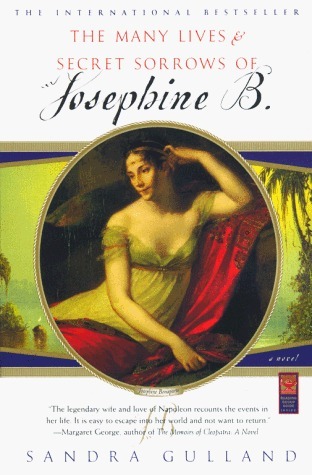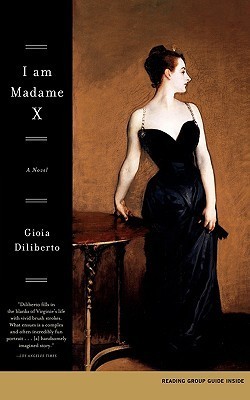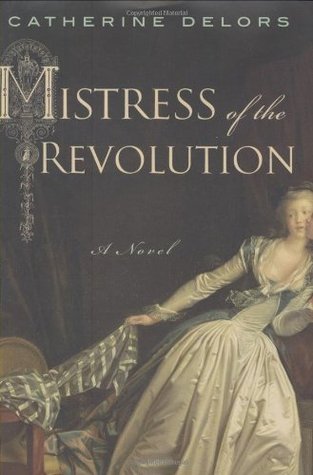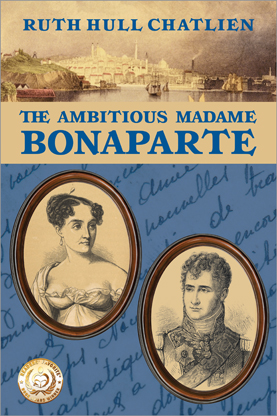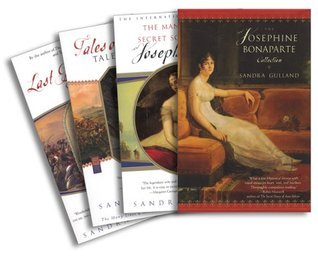
The Josephine Bonaparte Collection: The Many Lives and Secret Sorrows of Josephine B., Tales of Passion, Tales of Woe, and the Last Great Dance on Earth
Book Description
Love, loss, and ambition collide in the enigmatic world of Josephine Bonaparte, a woman destined to dance on the edge of history. As the wife of Napoleon, she navigates the tumult of revolution, betrayal, and longing, all while concealing her deepest sorrows behind a facade of elegance. Each chapter reveals her passionate entanglements and the choices that haunt her, blending tales of romance with the relentless pulse of political upheaval. Set against the backdrop of a changing France, where power and vulnerability intertwine, will Josephine find the freedom to reclaim her heart before the final curtain falls?
Quick Book Summary
The Josephine Bonaparte Collection by Sandra Gulland tells the sweeping, intimate story of Josephine Bonaparte, tracing her remarkable journey from a young Creole woman on the island of Martinique to Empress of France. Across three novels—each told in the form of Josephine’s fictionalized diaries—readers experience Josephine’s early hardships, survival during the French Revolution, and her tumultuous rise alongside Napoleon Bonaparte. Amidst political upheaval and social chaos, Josephine seeks love, personal freedom, and belonging while navigating dangerous alliances and betrayals. The narrative intricately explores the emotional costs of ambition and the sacrifices demanded by power and romance, making Josephine’s story not just a biography, but a vivid, heartfelt portrait of a woman forging her identity during one of history’s most dramatic eras.
Summary of Key Ideas
Table of Contents
Survival and Transformation Amidst Revolution
Josephine Bonaparte’s journey begins in Martinique, where as young Rose Tascher, she experiences loss and hardship. Through an arranged marriage to Alexandre de Beauharnais, Josephine is thrust into French society just as revolution disrupts the old world. Her resilience is tested as she faces betrayal, imprisonment during the Reign of Terror, and the constant threat of execution. This era of upheaval forges Josephine’s survival instincts and reshapes her ambitions, setting the stage for her transformation into a sophisticated and influential woman.
Love, Loss, and Emotional Resilience
As France shifts from revolution to empire, Josephine’s path intertwines with that of Napoleon Bonaparte. Their passionate but volatile love story becomes central to her life—one marked by devotion and repeated heartbreak. Infertility, suspicions, and the demands of Napoleon’s quest for power create tension and loneliness for Josephine. Yet, her warmth and charm win her a circle of loyal friends and confidants. Gulland delves into Josephine’s emotional resilience, painting her as a woman who finds solace and strength amidst personal loss and political turmoil.
The Cost of Power and Ambition
The narrative probes the price Josephine pays for proximity to power. Her ascent to Empress demands the suppression of desire and the navigation of court intrigue. Her inability to produce an heir puts her position at perpetual risk, highlighting the sacrifices and vulnerabilities inherent in her role. Gulland captures the fragile nature of status in a world governed by ambition and the tides of political change, revealing the emotional toll of maintaining grace and composure under constant scrutiny.
Identity and the Pursuit of Freedom
Throughout her story, Josephine wrestles with questions of identity and freedom. Raised in the tropics and shaped by revolution, she strives to reclaim her sense of self within the gilded cage of imperial France. Her diaries reflect a deep longing for autonomy, not just as a consort but as a woman and mother. Her pursuit of love and stability is continually challenged by the demands of her public life, yet Josephine endeavors to preserve dignity and agency regardless of her circumstances.
The Interplay Between Personal and Political Lives
The trilogy artfully intertwines Josephine’s personal narrative with the broader currents of history. The line between private longing and public duty blurs as her decisions affect—and are influenced by—France’s fate. Gulland’s portrayal not only humanizes an iconic figure but also explores how love, ambition, and vulnerability coexist on the stage of history. The novels end with Josephine’s bittersweet legacy, a testament to her enduring spirit and the complexity of her character amidst one of Europe’s most transformative periods.
Download This Summary
Get a free PDF of this summary instantly — no email required.
